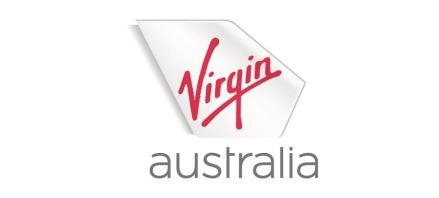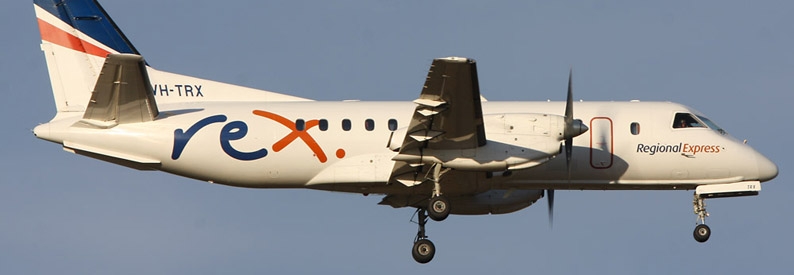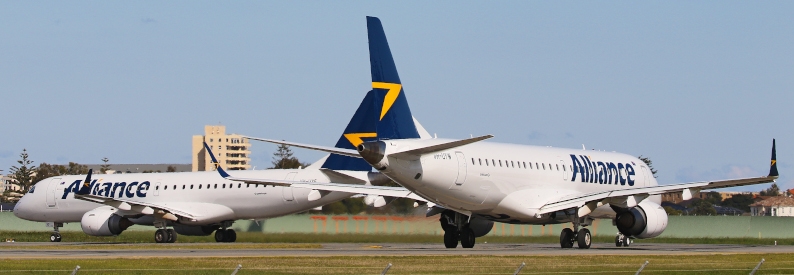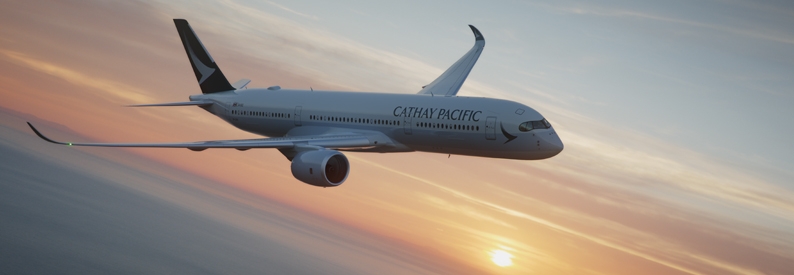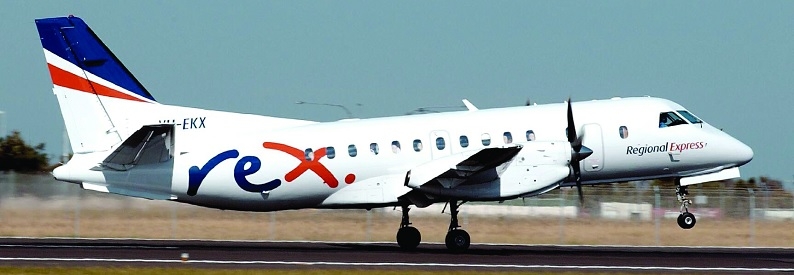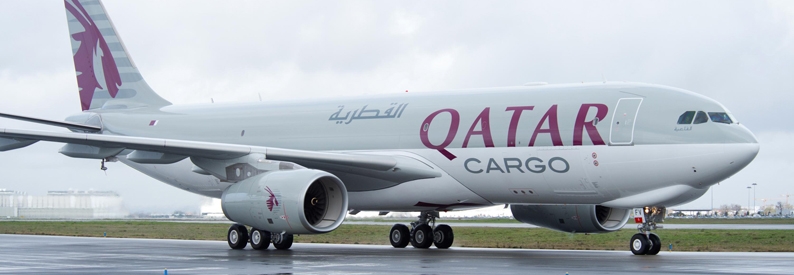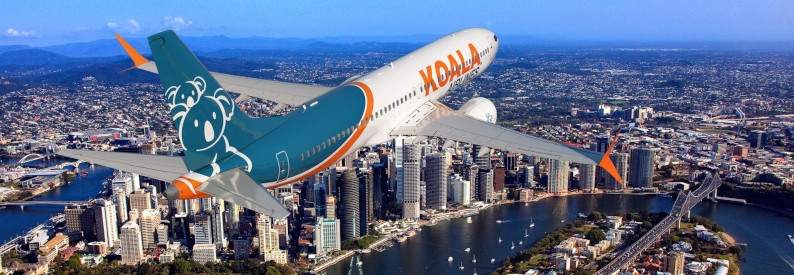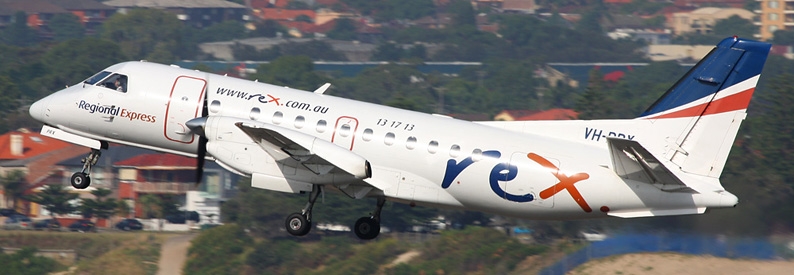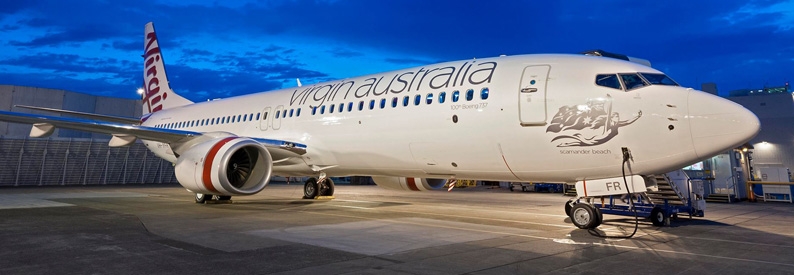Bain Capital, the American private equity firm that acquired Virgin Australia Group out of voluntary administration in 2020, is considering refloating the Virgin Australia (VA, Brisbane International) parent on Sydney's Australian Securities Exchange (ASX) by the end of next year, unnamed inside sources have told The Australian newspaper. Bain delisted the holding from the ASX in November 2020 shortly after taking shareholder control.
This second initial public offering (IPO) would occur once the volatility of the pandemic passes, with the ideal timing being 2023, the insiders claimed. Bain could divest up to 50% of its ownership, less than three years after its purchase of the carrier, which involved a financial commitment of AUD3.5 billion Australian dollars (USD2.5 billion).
Virgin Australia Holdings exited restructuring under the new ownership of the private equity firm in November 2020 and began to forge a path forwards as a newly oriented mid-market airline.
According to the sources, talks with advisers about a possible float began several months ago and will resume in mid-2022 to further assess the situation. Prospective investors should have a better understanding of Virgin Australia’s earning potential by 2023, when at least the airline’s domestic capacity will be operating under more normal conditions, they explained.
Although no investment bank has yet been appointed to guide the IPO, The Australian speculated that Goldman Sachs could become involved given its previous associations with Bain Capital.
Virgin Australia was not immediately available for comment.
Last month, Virgin Australia Holdings posted a surprise AUD3.7 billion (USD2.6 billion) after-tax profit for the year ending June 30, 2021 - its first in nearly a decade and reversing an AUD3 billion (USD2.1 billion) loss for the 2019-20 financial year. But the profit came after administrators extinguished AUD4.4 billion (USD3.1 billion) in creditors’ claims, while the carrier halved its labour costs making 3,000-plus employees redundant and shuttered its subsidiary Tigerair Australia (Melbourne Airport) in September 2020.
Because of the Omicron variant, Virgin Australia was forced to cut capacity for January and February 2022 by 25% and put on hold its only international route, to Nadi, which had only resumed in December. The variant has seriously impacted air travel demand in Australia, it said.
According to the ch-aviation Commercial Aviation Aircraft Data module, Virgin Australia currently operates a fleet of fifty-nine B737-800s, two B737-700s, and one F100 wet-leased in from Alliance Airlines (QQ, Brisbane International). It has twenty-five B737-10s on order. As of the first week of February, it operates a network of 58 routes, the ch-aviation Commercial Aviation Operator Capacity Data module shows.
